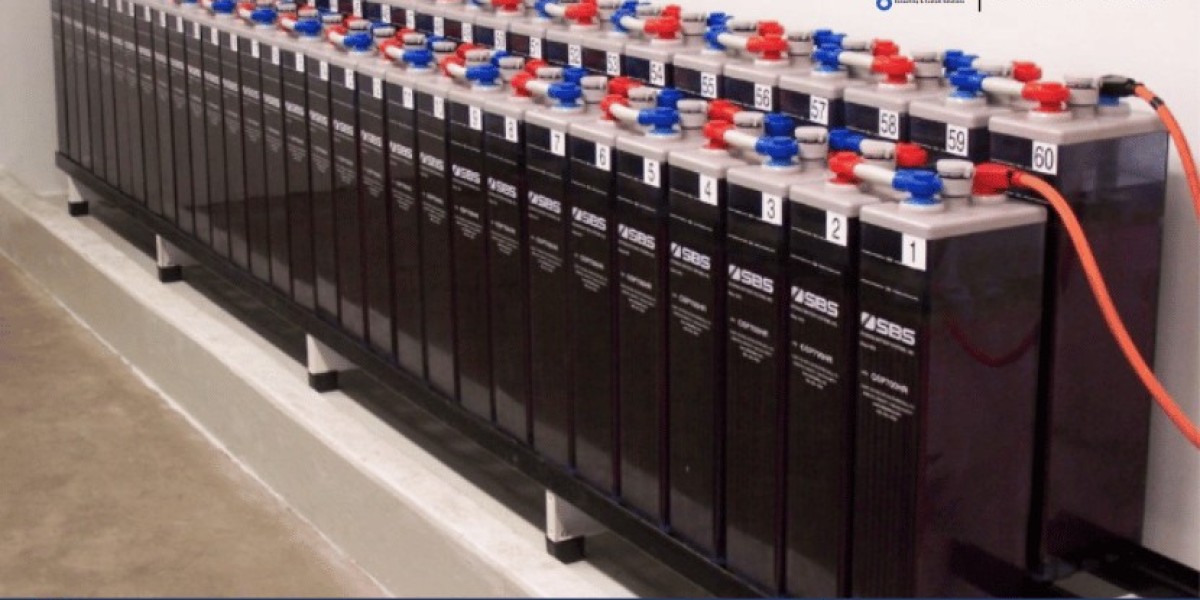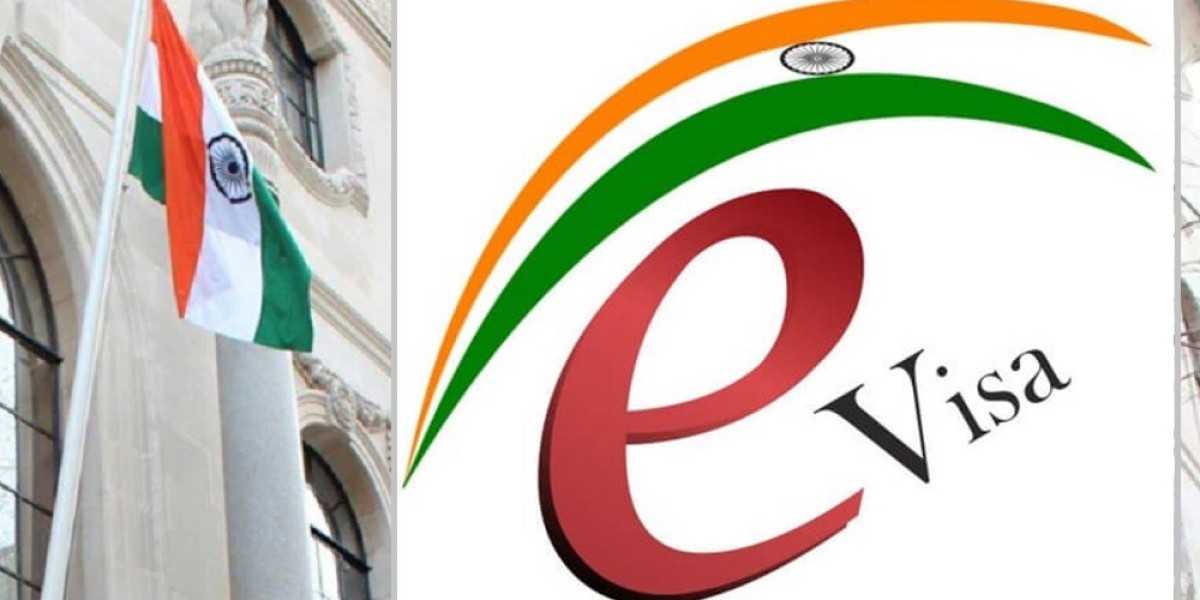According to the report by Expert Market Research (EMR), the global carbon foam batteries market is projected to grow at a CAGR of 27.6% between 2024 and 2032. Aided by increasing demand for efficient and sustainable energy storage solutions, the growing adoption of renewable energy sources, and advancements in battery technologies, the market is expected to witness significant growth during the forecast period.
Carbon foam batteries represent an innovative energy storage solution, characterized by their high energy density, excellent thermal conductivity, and lightweight structure. These batteries leverage carbon foam as an advanced electrode material, offering superior performance compared to traditional batteries. The growing reliance on renewable energy sources such as solar and wind power has underscored the need for efficient storage systems, making carbon foam batteries a preferred option for many applications.
One of the significant drivers of the carbon foam batteries market is the increasing adoption of renewable energy systems globally. With governments and organizations prioritizing sustainable energy initiatives, there has been a marked shift towards deploying advanced storage systems to manage energy supply efficiently. Carbon foam batteries, with their high durability and low maintenance requirements, are becoming indispensable for residential, commercial, and industrial energy storage solutions.
Moreover, the rising penetration of electric vehicles (EVs) and hybrid vehicles has also contributed to the growing demand for carbon foam batteries. Their ability to operate under extreme temperatures, coupled with enhanced cycle life, makes them an ideal choice for EV manufacturers striving to improve vehicle efficiency and reduce charging times.
The adoption of carbon foam batteries in other sectors such as telecommunications, defense, and marine applications has further bolstered market growth. Their robust construction and resistance to vibrations and shocks make them suitable for critical and harsh operating environments.
However, the high initial investment and the limited commercialization of carbon foam batteries pose challenges to market expansion. Despite these challenges, ongoing research and development (R&D) activities aimed at improving manufacturing processes and reducing costs are likely to mitigate these constraints in the long term.
Looking ahead, the integration of carbon foam batteries with smart grid systems, coupled with growing investments in green energy technologies, is expected to provide lucrative growth opportunities. Additionally, collaborations between key industry players and advancements in material sciences are projected to accelerate the global carbon foam batteries market size.
Get a Free Sample Report with a Table of Contents
Market Segmentation
The market can be divided based on application, end-use, and region.
Market Breakup by Application
- Energy Storage: This includes renewable energy systems such as solar and wind power storage.
- Electric Vehicles (EVs): Carbon foam batteries are increasingly used in EVs due to their lightweight and high energy efficiency.
- Telecommunications: The need for reliable backup power systems has driven adoption in this sector.
- Military and Defense: These batteries are utilized in critical defense equipment and vehicles due to their durability.
Market Breakup by End-Use
- Residential
- Commercial
- Industrial
- Others
Market Breakup by Region
- North America
- Europe
- Asia Pacific
- Latin America
- Middle East and Africa
Competitive Landscape
The EMR report examines the competitive dynamics, product portfolios, and strategic initiatives of the leading players operating in the global carbon foam batteries market. The competitive environment is characterized by collaborations, R&D investments, and advancements in battery technologies.
Some of the major players explored in the report include:
- Ultralife Corporation
- Axion Power International, Inc.
- NEI Corporation
- Graphite Energy Corporation
- Exide Technologies
- Others
Key Market Trends
- Surge in Renewable Energy Installations
The accelerating transition towards renewable energy sources is one of the primary drivers of the market. Governments worldwide are implementing policies to promote solar and wind power, increasing the demand for advanced energy storage systems like carbon foam batteries.
- Growing Electric Vehicle Market
The expanding electric vehicle market, driven by stricter emissions regulations and consumer preference for eco-friendly transportation, has created a substantial demand for efficient batteries. Carbon foam batteries, with their superior energy density and thermal management capabilities, are becoming a preferred choice among EV manufacturers.
- Advancements in Material Science
Ongoing R&D in carbon foam technology has resulted in the development of high-performance materials that are cost-effective and environmentally friendly. These innovations are expected to lower production costs and increase the commercialization of carbon foam batteries.
- Increasing Demand in Critical Applications
Industries such as defense, telecommunications, and marine are adopting carbon foam batteries for their ability to perform under harsh environmental conditions. Their robustness and reliability make them ideal for critical applications requiring uninterrupted power supply.
Future Opportunities
- Integration with Smart Grids
The integration of carbon foam batteries with smart grid technologies offers immense growth potential. Smart grids require advanced storage systems to balance energy supply and demand efficiently, making carbon foam batteries a crucial component of future energy infrastructure.
- Emerging Markets in Asia Pacific
Countries such as China and India are experiencing rapid urbanization and industrialization, driving the demand for efficient energy storage systems. Additionally, government initiatives promoting clean energy adoption in these regions are expected to fuel market growth.
- Strategic Collaborations and Investments
Key players are forming strategic partnerships to enhance their market presence and expand their product offerings. Investments in R&D for improving battery efficiency and scalability are expected to yield significant growth opportunities.
Explore More Reports:
Middle East Concrete Market: https://www.expertmarketresearch.com/reports/middle-east-concrete-market
Pet Food Bowl Market: https://www.expertmarketresearch.com/reports/pet-food-bowl-market
Piperine Market: https://www.expertmarketresearch.com/reports/piperine-market
Challenges
- High Initial Costs
The production of carbon foam batteries involves sophisticated manufacturing processes, resulting in high initial costs. This remains a barrier to widespread adoption, particularly in price-sensitive markets.
- Limited Commercialization
Despite their advantages, carbon foam batteries are still in the early stages of commercialization. Limited awareness and availability hinder their adoption in mainstream applications.
The global carbon foam batteries market is poised for robust growth, driven by the increasing emphasis on renewable energy adoption, advancements in battery technologies, and the expanding electric vehicle market. While challenges such as high costs and limited commercialization persist, ongoing R&D efforts and strategic collaborations are expected to address these issues effectively.
As the demand for efficient and sustainable energy storage solutions continues to rise, carbon foam batteries are set to play a pivotal role in shaping the future of energy infrastructure globally. Companies operating in this market should focus on innovation and strategic partnerships to capitalize on emerging opportunities and strengthen their market position.









